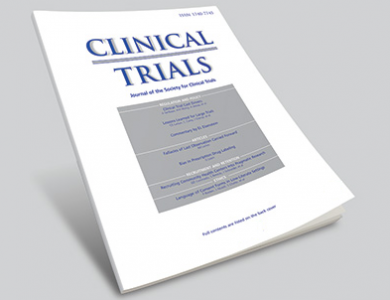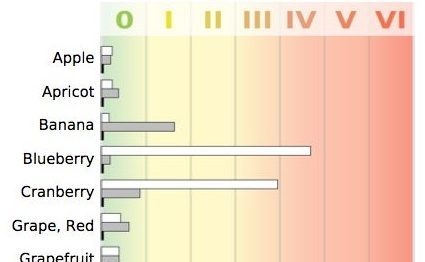The table below summarize the results of several clinical guidelines and reviews for the treatment of Autism Spectrum Disorder (see References below).
| Intervention | Conclusion |
|---|---|
| ABA | Behavioral Interventions have received extensive support. It is recommended that principles of applied behavior analysis (ABA) and behavior intervention strategies be included as important elements in any intervention program for young children with ASD and global developmental delay. |
| OT | Occupational therapy can contribute to the treatment of Autism Spectrum Disorder if integrated into a more comprehensive ABA intervention. Be aware that multiple interventions that are not integrated may be counterproductive. |
| Speech Therapy | Speech therapy can contribute to the treatment of Autism Spectrum Disorder if integrated into a more comprehensive ABA intervention. Be aware that multiple interventions that are not integrated may be counterproductive. |
| Sensory Integration Therapy | No adequate evidence has been found that supports the effectiveness of sensory integration therapy for treating ASD. Therefore, sensory integration therapy is not recommended as a primary intervention for young children with autism. |
| Special Education | Children with Autism Spectrum Disorder can benefit from special education only when language and cognitive skills develop enough to allow learning in group setting and comprehension and generalization of simplified academic contents in group situation. |
| Music Therapy | No adequate evidence has been found that supports the effectiveness of sensory integration therapy for treating ASD. Therefore, Music therapy is not recommended as a primary intervention for young children with autism. |
| Auditory Integration Training (AIT) | Because research has demonstrated that this intervention is not effective, it is recommended that AIT not be used as an intervention method for young children with autism. |
| Hormone Therapies | No adequate evidence has been found to support the effectiveness and safety of hormone therapies (such as ACTH or secretin) as a treatment for autism in young children. Therefore, the use of hormone therapies is not recommended as a treatment for autism in young children not be used as an intervention method for young children with autism. |
| Immunologic Therapies | It is strongly recommended that intravenous immune globulin therapy not be used as a treatment for autism in children because of substantial risks and lack of proven benefit associated with this intervention. |
| Anti-Yeast Therapies | No adequate evidence has been found to support anti-yeast therapies, including the use of oral anti-fungal medications and special diets, as a treatment for autism. Therefore, the use of anti-yeast therapies is not recommended for the treatment of autism in children. |
| Vitamin Therapies | No adequate evidence has been found indicating that administering high doses of any type of vitamin or trace mineral as an effective treatment for autism. Therefore, vitamin therapies are not recommended as a treatment for autism in young children. |
| Gluten- and Casein-Free Diet | No adequate evidence has been found to support the effectiveness of the use of special diets (elimination of milk, gluten, or other specific food products) as a treatment for autism. Therefore, special diets are not recommended for the treatment of Autism Spectrum Disorder or Global Developmental Delay in children. It is strongly recommended that a physician be consulted to test for possible food allergies prior to beginning this diet. Cases have been reported of providers using inaccurate test for leading parents into buying supplements, check your provider credential before taking important treatment decision on test results. |
| Chelation for Neurotoxicity | Because of the dangers of chelation and the lack of a medical reason to perform the procedure, chelation for Autism Spectrum Disorder in the absence of high levels of heavy metals is not recommended. Cases have been reported of providers using inaccurate test for leading parents into buying therapies, check your provider credential before taking important treatment decision on test results. |
References
Clinical Practice Guideline: Quick Reference Guide. Autism/Pervasive Developmental Disorders. Assessment and Intervention for Young Children (Age 0-3 Years). (1999) Publication No. 4216
Lindgren S. ,Doobay, A. (2011). Evidence-Based Interventions for Autism Spectrum Disorders
Missouri Autism Guidelines Initiative. (2012). Autism Spectrum Disorders: Guide to Evidence-based Interventions.
Odom S. L. (2014). Evidence-Based Practices for Children, Youth, and Young Adults with Autism Spectrum Disorder.
Roberts, J. M. (2003). A review of the research to identify the most effective models of best practice in the management of children with autism spectrum disorders. Sydney: Centre for Developmental Disability Studies.
The American Occupational Therapy Association. (2011). Occupational Therapy’s Role with Autism.





